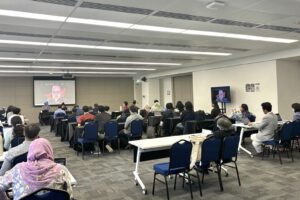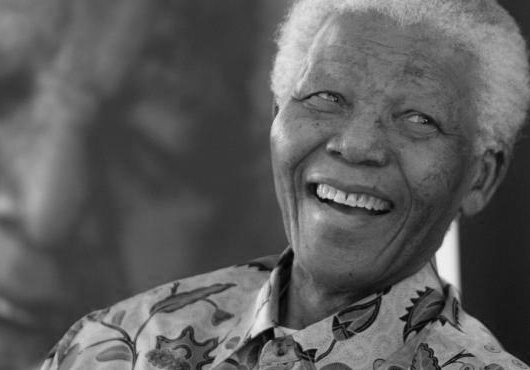
Dec 6, 2013 | News
The ICJ mourns with the rest of the world the passing on of former President Nelson Mandela.
He was a beacon of hope, justice and peace in the world and will be sorely missed. His life will remain a source of inspiration for our work in pursuit of justice, peace, tolerance and respect for human rights in the world.
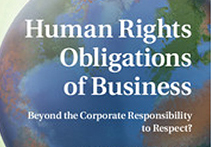
Nov 25, 2013 | Agendas, Events
This is the title of a book to be launched on Monday 2 December at the UN in Geneva, in partnership with the Permanent Mission of Ecuador, and the ICJ.
Do the ‘Respect, Protect, and Remedy Framework and the Guiding Principles on Business and Human Rights adequately address the challenges concerning the human rights obligations of business?
This book engages critically with these important developments. The chapters in the book revolve around four key issues: the process and methodology adopted; the source and justification of corporate human rights obligations; the nature and extent of such obligations; and the implementation and enforcement thereof.
In addition to highlighting several shortcomings of the Framework and the Guiding Principles, the contributing authors also outline a vision for the twenty first century in which companies have obligations to society that go beyond the responsibility to respect human rights.
Ian Seiderman, ICJ’s Legal and Policy Director, will be one of the discussants.
Invitation UNOG Business-event-2013 (full text in pdf)
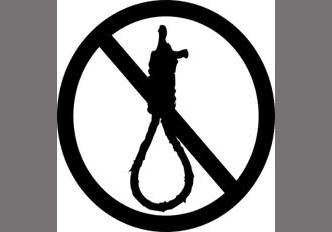
Jul 5, 2013 | News
The Government of Pakistan should renew the official moratorium on the death penalty, with a view to definitively abolishing the practice in law, says the ICJ.
The Government signaled its intention to resume executions on Thursday, 4 July 2013 when it failed to renew a 2008 Presidential order imposing a moratorium on executions. It is estimated that approximately 8000 people are currently on death row in Pakistan.
“Resuming executions would be a major step backwards for Pakistan in protecting human rights,” says Sheila Varadan, ICJ Legal Advisor for South Asia. “The prospect of lifting the moratorium is all the more alarming given the extraordinarily high number of people on death row.”
The announcement apparently comes as part of the newly elected Government’s strategy to tackle high levels of crime and insecurity in Pakistan.
The ICJ condemns the death penalty as a violation of the right to life and a form of cruel and inhuman punishment. Moreover, it is widely accepted that the practice cannot serve as a deterrent to crime or be administrated without error or discrimination.
More than 150 of the 192 United Nations members States have either abolished the death penalty or imposed a moratorium on its practice.
In December 2012, the United Nations General Assembly adopted its fourth resolution calling on all States retaining the death to place a moratorium on the practice with a view towards abolition.
Of the 186 member States present, 111 member States voting in favour and only 41 member States against, an increase from the previous three resolutions.
“Pakistan is part of a dwindling minority of States who continue to retain the death penalty and carry out executions,” Varadan. “The ICJ urges the newly elected Government of Pakistan to demonstrate its commitment to upholding human rights and to desist from licensing the State deliberately to take the life any person in its custody.”
CONTACT:
Sheila Varadan, ICJ Legal Advisor, South Asia Programme (Bangkok), t: +66 857200723; email: sheila.varadan(a)icj.org

Jul 4, 2013 | News
The ICJ called on the Egyptian authorities, including the army, to uphold the rule of law and democratic principles and take immediate and effective measures to prevent the deterioration of the human rights situation.
The statement came as the head of the armed forces, General Abdel Fattah El Sisi, announced on 3 July 2013 the suspension of the Constitution and the removal of President Mohamed Morsi.
The General said that Constitutional Court Chief Justice Adly Monsour would head an interim government until new elections were held.
The ICJ is deeply concerned that the decisions that have been taken by the military are beyond the scope of its constitutional authority and violate basic rule of law principles.
If implemented, these decisions will also set a dangerous precedent, wrongly signaling that the conflicts and challenges in Egypt should be met by military force rather than through political engagement and legal processes, the ICJ said.
“All Egyptian authorities should ensure that any political disagreement or conflict is resolved in compliance with rule of law principles and through legally established channels. Under international law, political divergences cannot be invoked to justify the unlawful seizure of the executive power,” said Wilder Tayler, ICJ Secretary General.
The ICJ is also concerned about reports that President Morsi, his advisers and leaders from the Freedom and Justice Party have been arrested.
Journalists have also been arrested and several television stations linked to the Muslim Brotherhood were taken off air following the Military decisions.
“The army and government authorities should ensure the protection of the rights of those detained in the context of the ouster of President Morsi, including the right to liberty and to security of person. Journalists arrested while exercising their professional duties must be released immediately,” Tayler further said.
The transition process in Egypt, under both the Supreme Council of Armed Forces (SCAF) and President Mohamed Morsi has failed to comply with international rule of law and human rights standards, the ICJ said.
The ICJ is also concerned about of the deterioration of the human rights situation in Egypt over the last few days, including cases of unlawful killings and physical violence against protesters, including sexual assaults against women.
“The Egyptian authorities should ensure that these human rights violations are fully investigated with a view to holding the perpetrators to account. They must also guarantee the rights of all peaceful protesters to security and to the freedoms of assembly and expression,” Tayler added.
Contact:
Said Benarbia, ICJ Senior Legal Adviser of the Middle East and North Africa Programme, tel: 41 22 979 38 17, e-mail: said.benarbia(a)icj.org
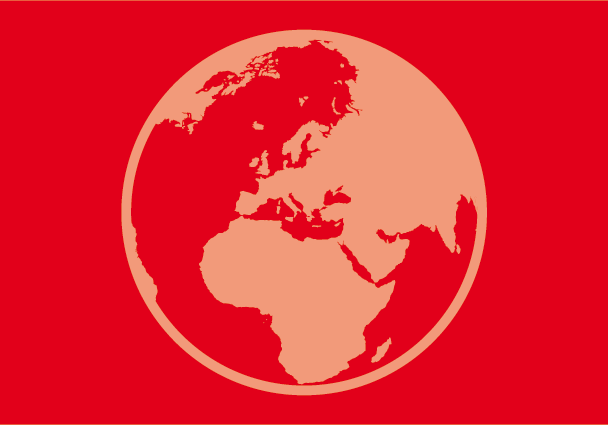
Mar 18, 2013 | Advocacy, Events
The ICJ’s Director of the International Law & Protection Programmes today addressed an international conference on strengthening cooperation in preventing terrorism, held in Baku, Azerbaijan.
In a session focussed on measures to address the conditions conducive to the spread of terrorism, Alex Conte emphasised that it is only by avoiding the creation or maintenance of conditions conducive to the spread of terrorism – including human rights violations and lack of the rule of law – that a sustainable international effort can be achieved to combat terrorism.
Identifying numerous negative trends in the national implementation of counter-terrorism obligations, Dr Conte made concrete proposals towards international cooperation aimed at ensuring that national law and practice complies with human rights and the rule of law.
ICJ-BakuConference-Statement-2013 (download full statement in PDF)









